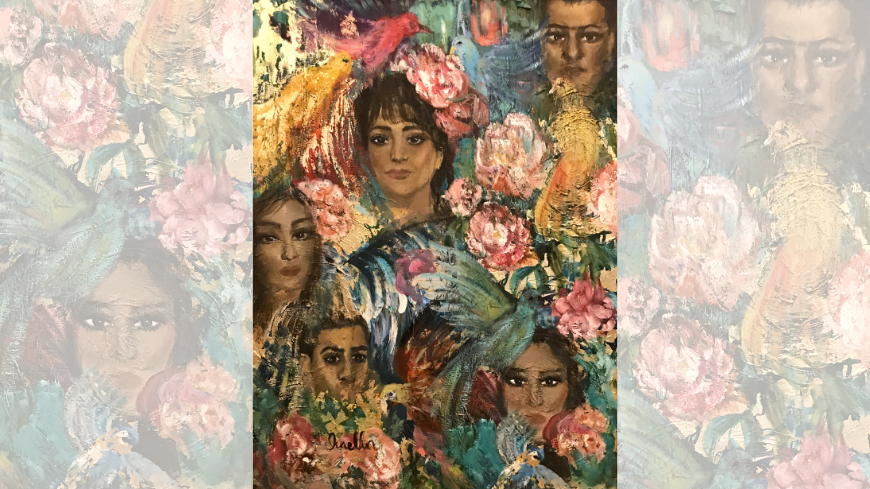В преддверии Международного дня рома 8 апреля Комиссар Совета Европы по правам человека Дуня Миятович призывает все государства обеспечить, чтобы история рома никогда не забывалась, а вместо этого ценилась и преподавалась обществу в целом. «Преподавание истории является одним из важнейших инструментов, способствующих устранению предрассудков. Предотвращение дискриминации людей рома и борьба с ней включает в себя их признание, понимание, память их истории, а также расширение их прав, возможностей и прославление их культуры».
Далее на английском языке.
Across Europe, Roma have had a complex and dark history embedded in violence, stigmatisation, and inequality, from the age of slavery to the Holocaust and pogroms, and the scapegoating in crisis situations.
The impact of pervasive discrimination is still experienced by Roma in today’s Europe in all fields of life, from segregation and exclusion in housing and education to daily anti-Roma rhetoric, often coming from public figures and the media. In some member states, acts of violence and abuse by law enforcement officials have also been reported.
“The persistence of human rights violations against Roma fuels today’s spiral of antigypsyism”, the Commissioner says. A recent illustration of this is the discrimination Roma faced while fleeing the war in Ukraine in accessing shelters and assistance. Other instances of the scapegoating of Roma during crisis and natural disasters have also been mentioned by the Council of Europe Observatory on History Teaching in Europe. The COVID-19 pandemic has again shown a surge in hate speech targeting Roma communities across Europe and discrimination in access to basic services.
“Teaching history of Roma plays a unique role in nurturing critical thinking about the past and the present, and in fostering understanding and tolerance. It also facilitates meaningful engagement in the prevention of prejudice against Roma. Knowledge about the history of Roma can help policy makers and society as a whole to anticipate behaviours and better address today’s obstacles to the full enjoyment of their rights.” Different actions can be implemented in this respect, as stressed by the Council of Europe Committee of Ministers in its Recommendation (2020)2 on the inclusion of the history of Roma and/or Travellers in school curricula and teaching materials.
Roma contribution to European history and culture must also be brought to light and replace old myths and deeply-rooted prejudices, in order to build a common narrative based on the respect of our shared heritage and cultural diversity. The factsheets on Roma history, Romani language, culture and literature elaborated by the Council of Europe should be widely used in the educational systems of member states.
“Today and every day, let’s celebrate Roma and their contribution to our diverse European history, societies and cultures and renew our commitment to end antigypsyism, including by learning about their past and culture.”



